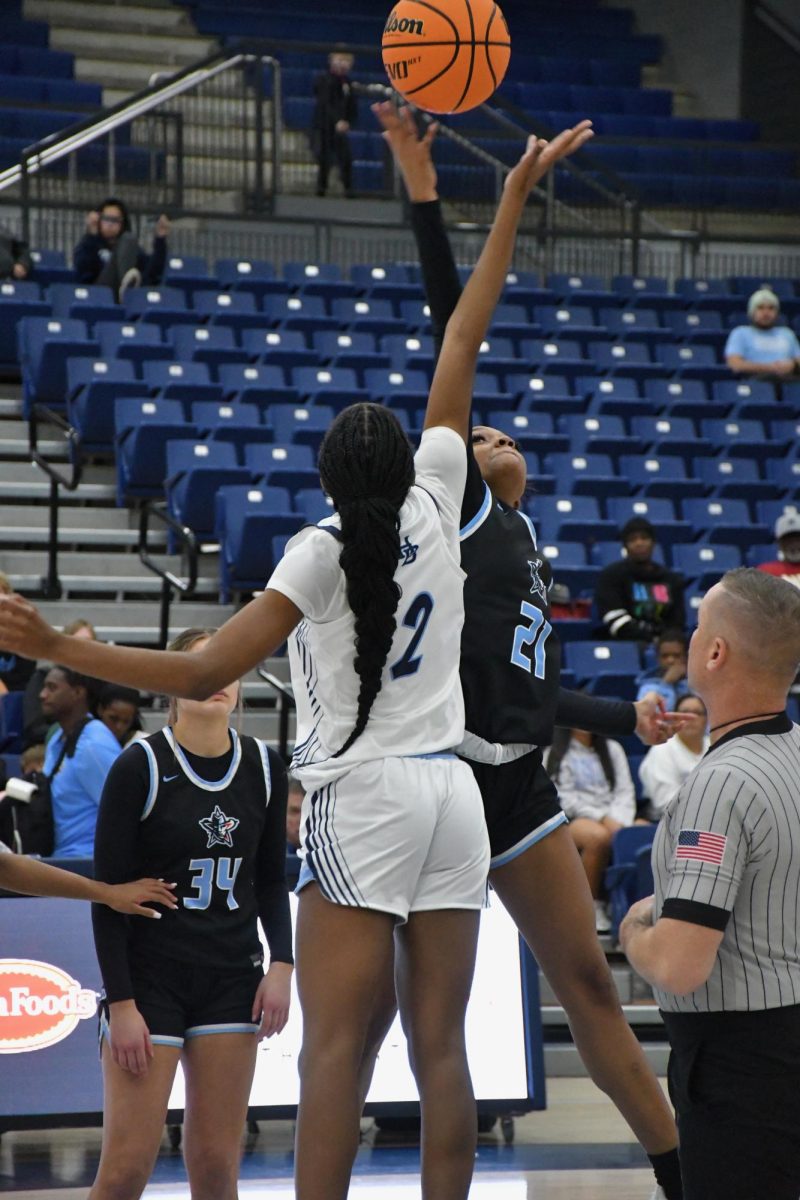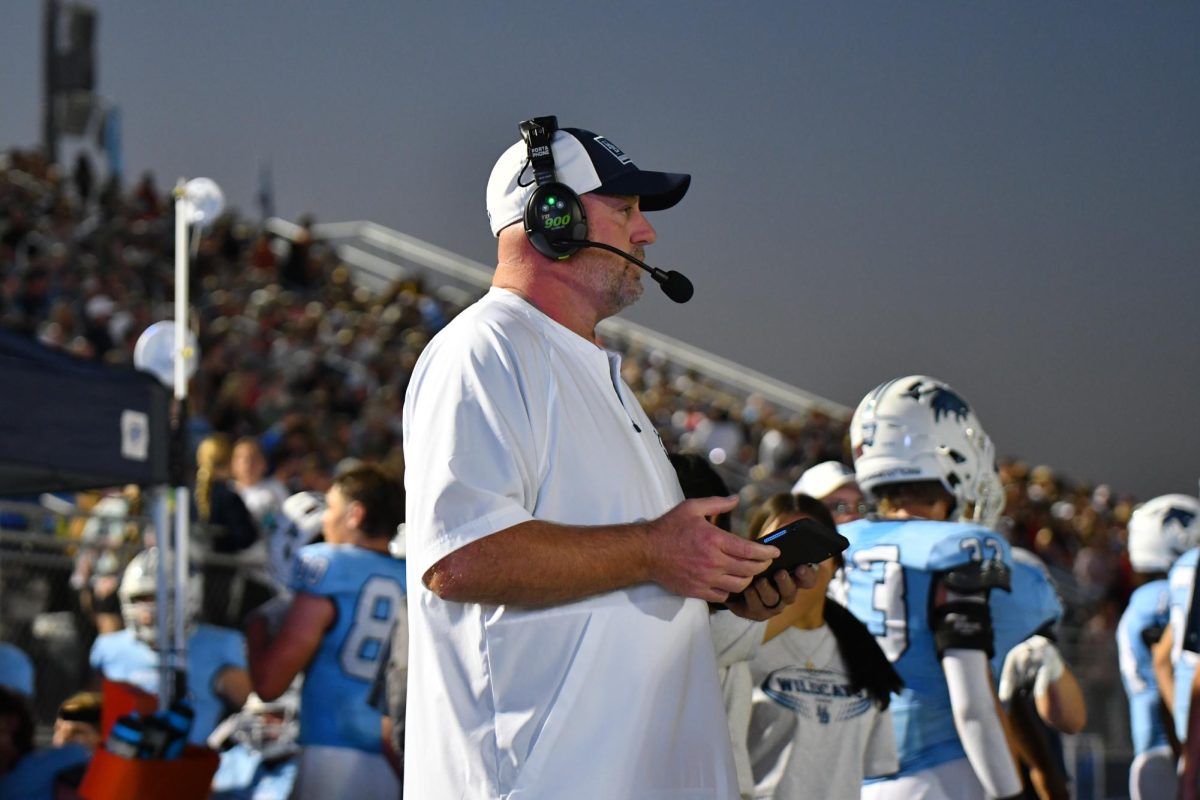Mumps Swells Up In Springdale
September 27, 2016
Junior Nick Martinez doesn’t remember getting a vaccine for mumps. That’s because most people get it when they’re just a baby, and for some, they don’t get one at all. A total of eight people have been diagnosed with mumps and twenty four are suspected of having the virus just in the Springdale School District. This number jumps to twenty two diagnosed people when looking at all of NWA. Does that mean mumps is a serious threat?
“Any disease is a threat,” senior Jamison Weilerman said. “Vaccines should be mandatory for diseases like this, no matter what.”
As of September 8, only one of the 25 students have been from Har-Ber. If a student has not had the MMR (Measles-Mumps-Rubella) vaccine and a student is diagnosed in their school, the unvaccinated students must leave school for at least 26 days and either be vaccinated or submit a vaccine exemption form. As for students who are vaccinated and happen to get the infection, they will have to miss at least five days before being allowed to come back to school.
“I think that those who don’t get vaccinated should be treated the same as those who do. Some people might not be able to afford a shot, and those who do have the opportunity and chose not to should not be treated different because it is their choice,” Martinez said.
26 days is nearly half of a quarter of the school year, and a lot of days to miss school.
“It’s not fair to be out of school for that long, but life isn’t fair. Getting mumps wouldn’t be fair, but it’s part of life,” Jamison said.
Students may not want to get vaccinated for multiple reasons, but by not getting vaccines, they are left vulnerable to dangerous infectious diseases like mumps. Mumps can easily be prevented by a vaccine, but once a person has it, it is very easy to spread.
“The government should mandate vaccines for the mumps and other things because they’re dangerous,” sophomore Braxton Bowen said.
Mumps isn’t smallpox, but you should still be careful and keep sanitary. Mumps can easily spread in the ways a common cold can between people, especially in crowded places like schools. This doesn’t mean if you feel like you have a cold you have the mumps. If you think you might have it, a medical professional is needed to diagnose it, such as the school nurse or your family doctor.
“The biggest problem is fear itself,” Nurse Stacey Hubbard said. “The majority of students don’t have to worry. If a student gets the infection, the initial symptoms are similar to the flu or a cold. Then they’ll get the swelling of the cheeks we’ve all heard about. Sometimes it’s both, sometimes it’s just one or they won’t swell at all.”





